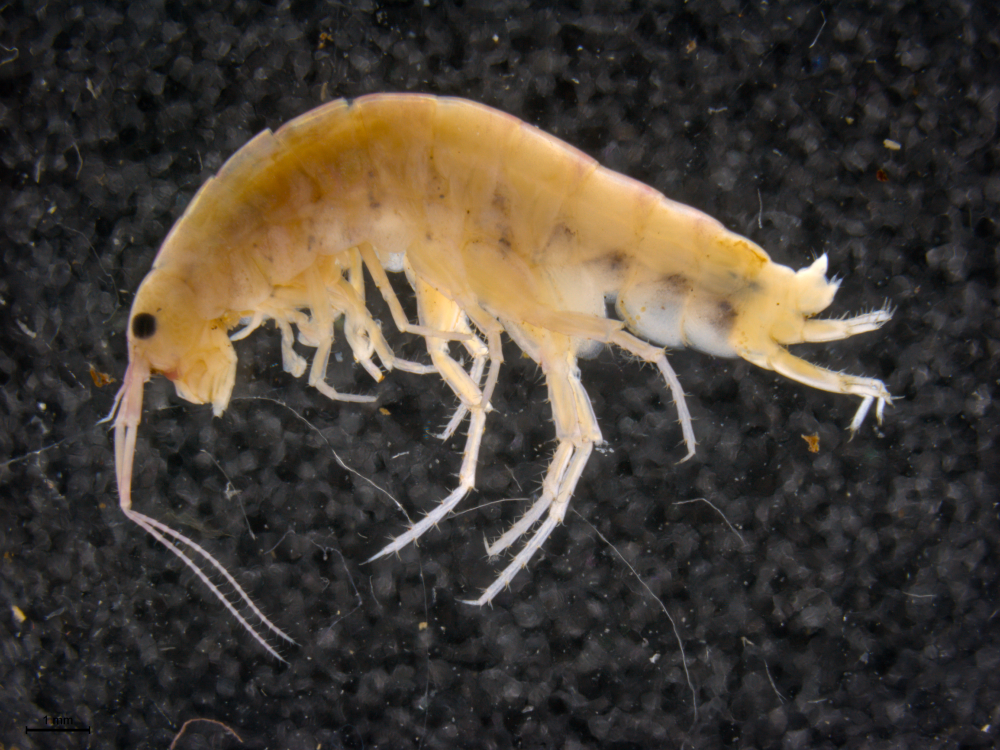Indonesia’s Cyclops Mountains are not for the faint of heart. Scientists who have gone on expeditions here have been rewarded for their efforts with everything from leeches stuck to their eyes, to malaria, earthquakes, exhausting heat, and a few venomous animals to boot. Still, they did strike gold when they discovered a tree-dwelling shrimp.
Yes, in 2023, an entirely new genus of shrimp was discovered during a mountain expedition in Papua. It was a surprise find for the scientists, who hadn’t been expecting to find such a crustacean so high up the Cyclops Mountains, least of all one that belongs to a lineage that are normally found on the seashore.
“We were quite shocked to discover this shrimp in the heart of the forest, because it is a remarkable departure from the typical seaside habitat for these animals,” said lead entomologist for the expedition Dr Leonidas-Romanos Davranoglou (a Leverhulme Trust Postdoctoral Fellow at the Oxford University Museum of Natural History), in a statement.
“We believe that the high level of rainfall in the Cyclops Mountains means the humidity is great enough for these creatures to live entirely on land.”

Finding a shrimp from a lineage typically associated with the seaside was an enormous surprise to the researchers.
Image credit: Expedition Cyclops
Your standard shrimp breathes using gills to extract oxygen from water and, depending on the species, will either live in marine or freshwater environments. To be thriving so far inland must mean this new genus has adapted a way to breathe without being fully submerged in water, as Davranoglou says, perhaps aided by rainfall or humidity.
The expedition was one for the history books in a number of ways, reanimating a species that was thought to have been extinct since the 1960s: Attenborough’s long-beaked echidna, Zaglossus attenboroughi. Named after wildlife broadcaster and natural historian Sir David Attenborough, the monotreme made a surprise appearance on camera traps left in the Cyclops Mountains.

Attenborough’s long-beaked echidna, photographed by a camera trap.
Image credit: Expedition Cyclops
Suffice to say, the team was owed a few wins, as several were affected by injury and illness during the expedition. Davranoglou’s arm was broken in two places while another team member contracted malaria, and a third had a leech stuck to their eye for a day and a half before a hospital team could remove it. In spite of all that, they’ve lost no love for the perilous landscape.
“Though some might describe the Cyclops as a ‘Green Hell’, I think the landscape is magical, at once enchanting and dangerous, like something out of a Tolkien book,” said expedition lead Dr James Kempton of Oxford University. “In this environment, the camaraderie between the expedition members was fantastic, with everyone helping to keep up morale. In the evening, we exchanged stories around the fire, all the while surrounded by the hoots and peeps of frogs.”
Source Link: A Shrimp That Lives In A Tree? Indonesia’s Cyclops Mountains Are Home To Some Seriously Strange Wildlife